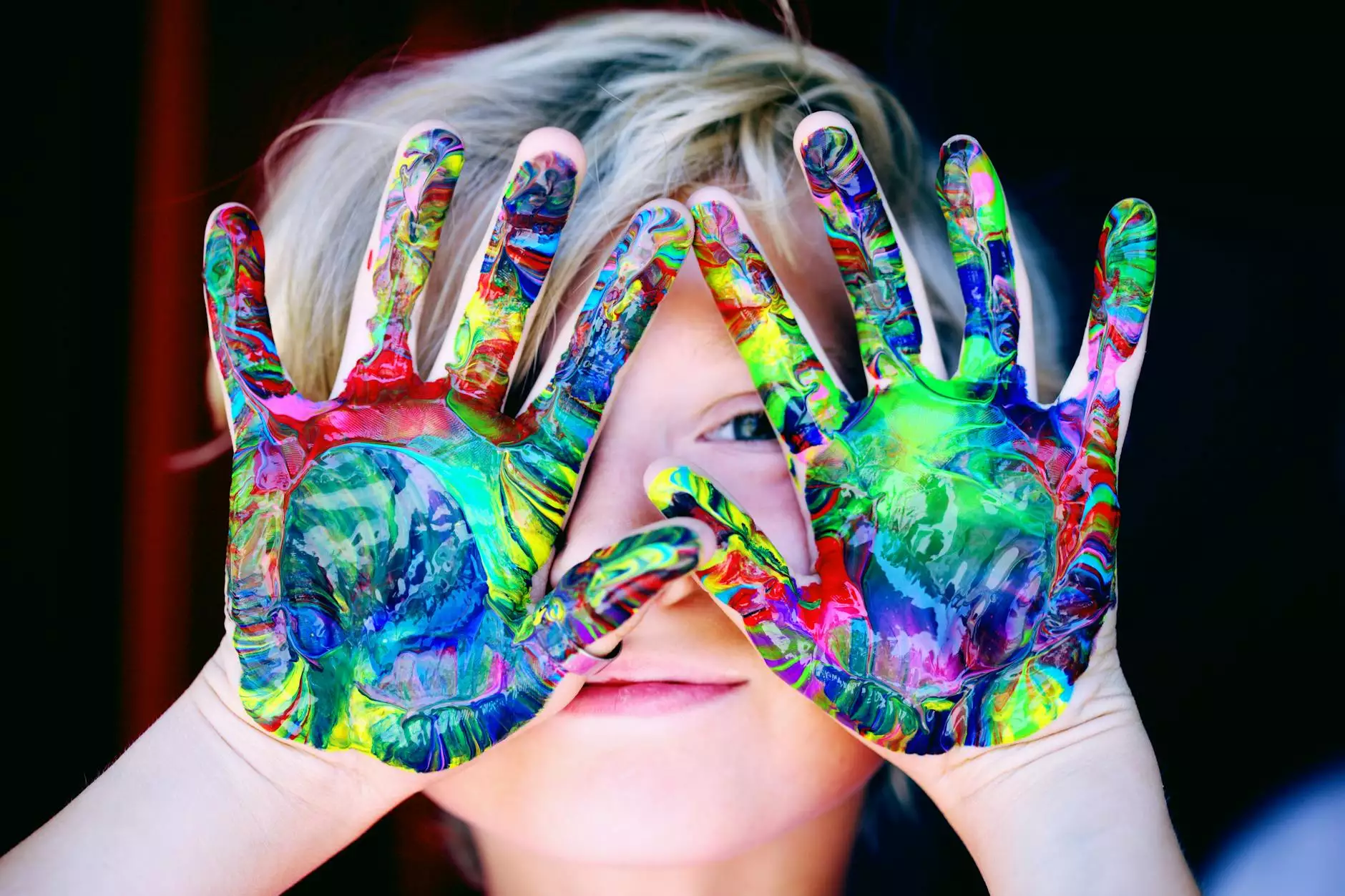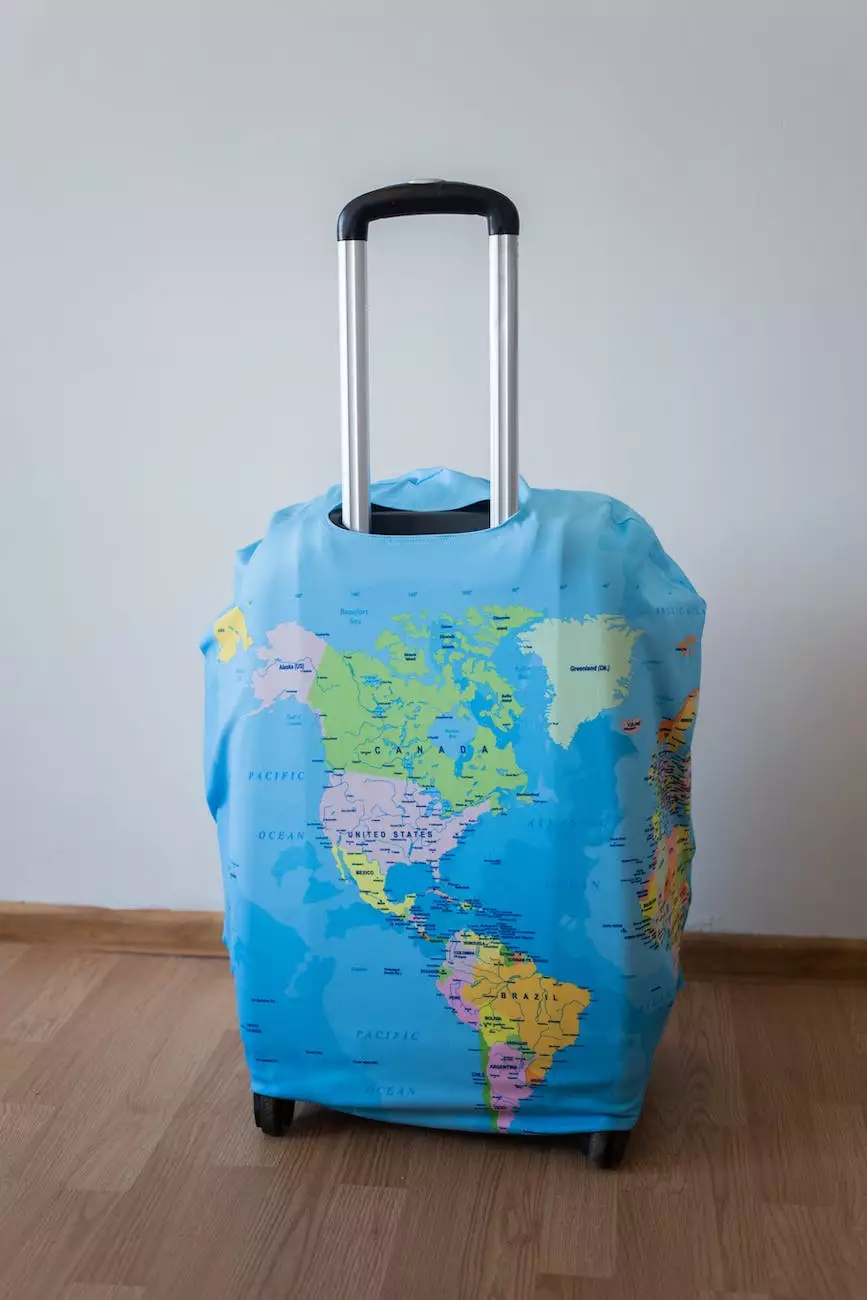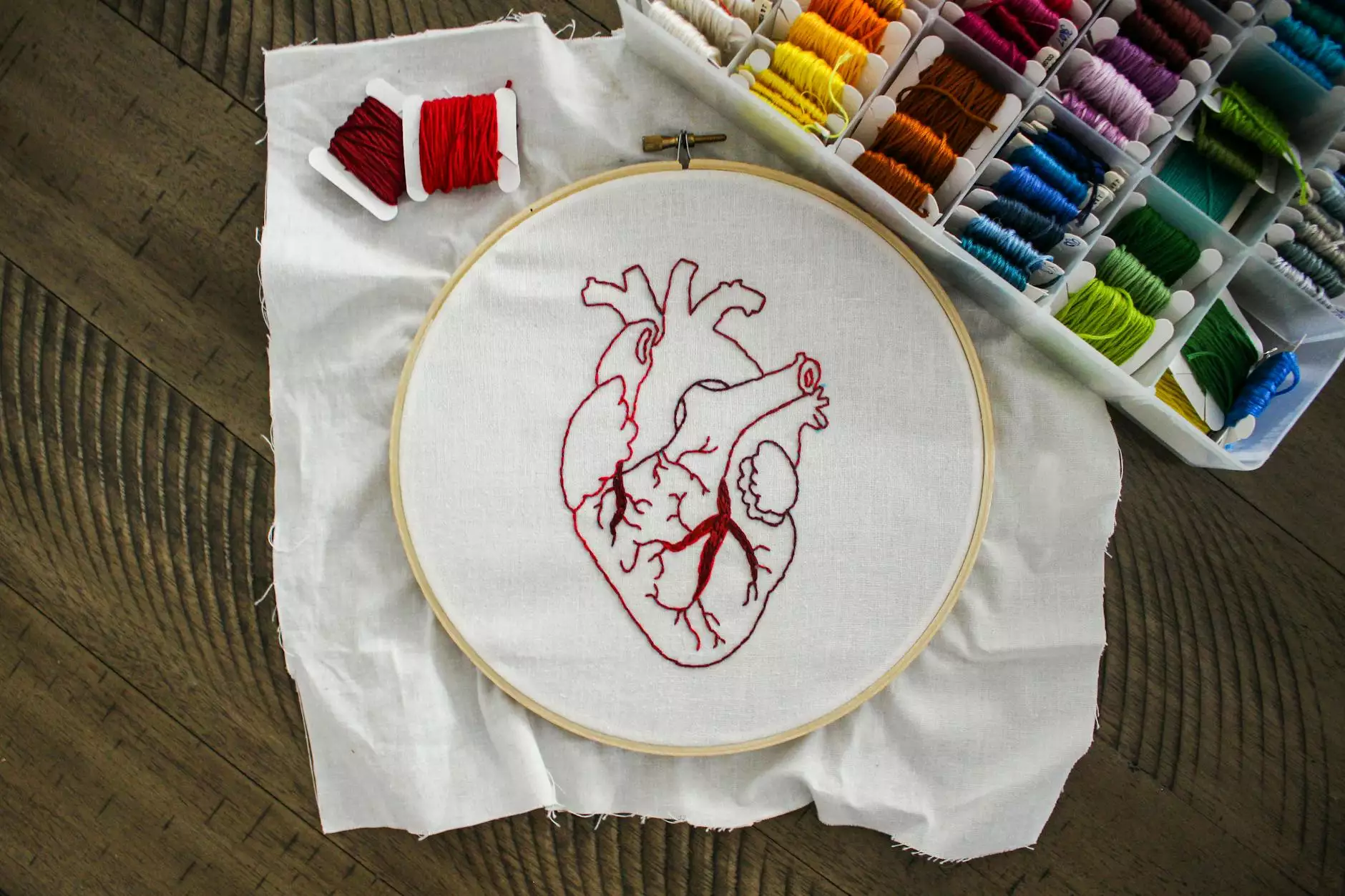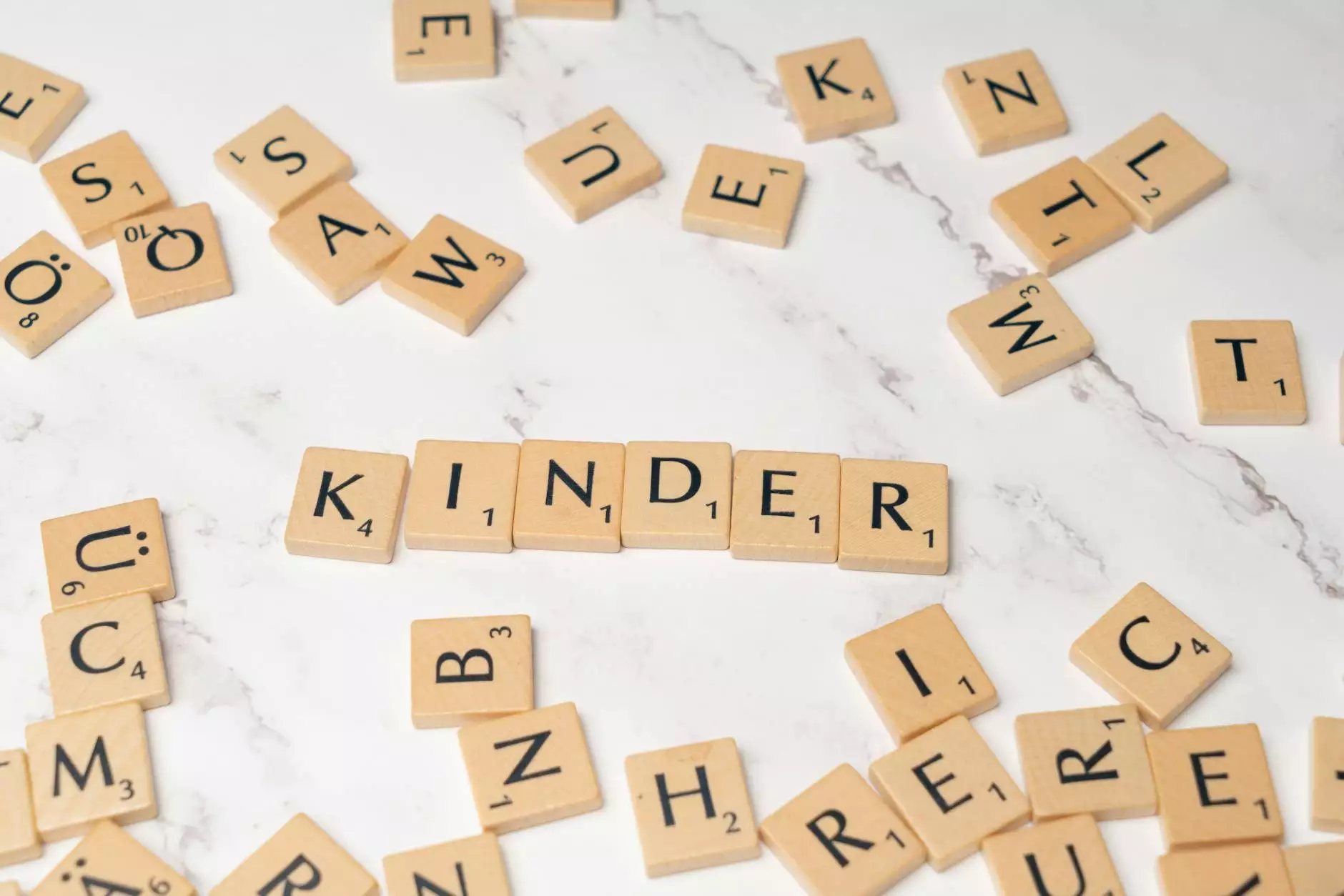6 Benefits to Messy Play and 3 Easy Ways to Get Started

Introduction
Welcome to The Knowledge Nest, your go-to resource for all things related to early childhood development and education in the category of Community and Society. In this article, we will delve into the wide range of benefits that messy play offers to children. We will also provide you with three easy ways to get started with messy play activities. Let's jump right in!
Why Messy Play Matters
Messy play is not just about getting hands dirty; it is an important aspect of a child's development. Engaging in messy play activities provides numerous benefits that contribute to their growth, creativity, and cognitive abilities. Let's explore some of the key benefits.
1. Sensory Development
Messy play stimulates children's senses, allowing them to explore different textures, colors, and materials. By engaging their sense of touch, sight, smell, and even taste, messy play supports the development of their sensory skills. Whether it's squishing mud, finger-painting, or playing with sand, messy play experiences help children to understand and interpret the world around them.
2. Fine Motor Skills
Activities involving messy play require children to use their hands and fingers, developing their fine motor skills. Manipulating playdough, pouring water, or using tools like paintbrushes and spoons enhance their hand-eye coordination and dexterity. These skills are crucial for their future endeavors, such as writing, drawing, and self-care tasks.
3. Cognitive Development
Messy play engages children's minds through open-ended exploration. It allows them to problem-solve, make connections, and experiment with cause and effect. For example, mixing colors during painting or building structures with blocks and sand can boost their creativity, critical thinking, and spatial awareness. Messy play sessions become valuable learning opportunities where children can develop their cognitive abilities in a fun and interactive way.
4. Language and Communication
Messy play activities provide children with opportunities to express themselves and develop their language and communication skills. Whether they are narrating their actions, describing the textures they feel, or engaging in conversations with peers or caregivers, messy play supports the development of vocabulary, sentence construction, and social interaction. These skills are essential for effective communication throughout their lives.
5. Emotional and Social Development
Engaging in messy play allows children to express their emotions and develop social skills. They learn to share materials, take turns, collaborate, and negotiate with others. Messy play settings create a safe and supportive environment where children can interact, build relationships, and understand empathy. These positive interactions contribute to their emotional well-being, self-confidence, and ability to navigate social situations.
6. Creativity and Imagination
Messy play nurtures children's creativity and imagination. Unrestricted and exploratory experiences stimulate their minds, enabling them to think outside the box and come up with innovative ideas. Whether they are building with blocks, sculpting with clay, or engaging in role-playing, messy play encourages their imagination to flourish and allows them to express themselves in unique ways.
Three Easy Ways to Get Started
1. Sensory Bins
Create sensory bins using various materials such as rice, beans, or colored pasta. Add different accessories like spoons, cups, and containers to enhance the sensory experience. Let your child explore and play freely, encouraging them to feel, pour, scoop, and transfer the materials. Sensory bins are a versatile and simple way to introduce messy play at home.
2. Outdoor Adventures
Take messy play outdoors and let your child engage with nature. Set up a water table, provide buckets and shovels for sand play, or encourage them to dig in the mud. Outdoor settings offer endless opportunities for messy play, fostering a deep connection with the environment and allowing children to engage in unstructured play in a natural setting.
3. Artistic Experiments
Engage in messy artistic experiments such as finger painting, sponge printing, or collage making. Provide a variety of materials like paints, markers, glue, and different textured materials. Encourage your child to unleash their creativity and let their imagination run wild. These artistic activities not only allow for messy play but also help develop fine motor skills and creative thinking.
Conclusion
Messy play offers a plethora of benefits for children, ranging from sensory development to creativity, emotional well-being, and cognitive growth. By embracing messy play and using the three easy ways to get started, you provide your child with valuable learning opportunities and unforgettable experiences. Remember, messy play is not just about the mess; it is about fostering a child's development and allowing them to explore the world around them. Start embracing the benefits of messy play today with The Knowledge Nest at your side!










